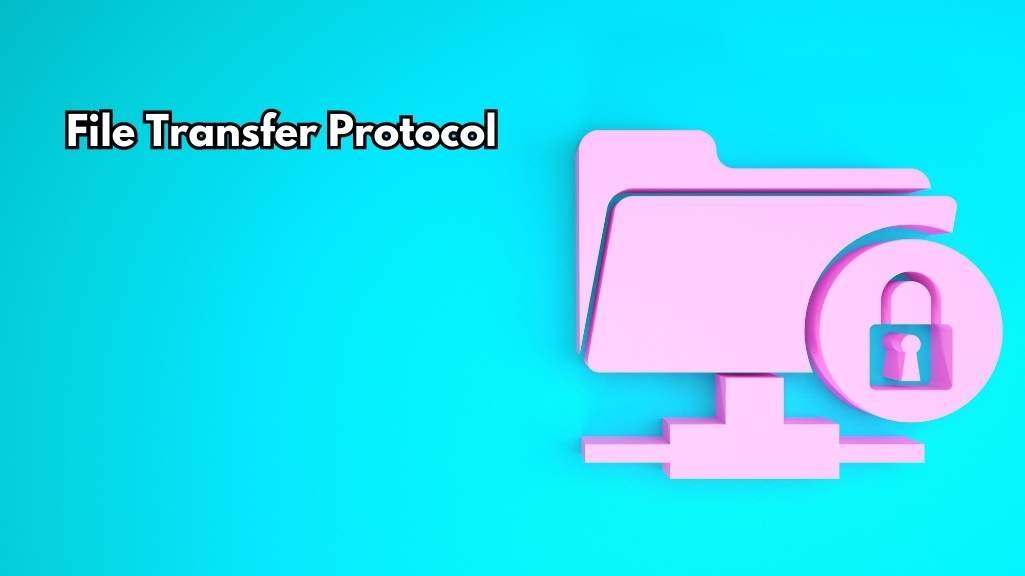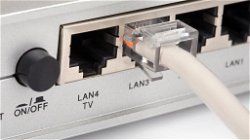File Transfer Protocol (FTP): A Guide to Securely Sharing Files over the Internet
Steffan Addison
. 2 min read
The File Transfer Protocol (FTP) is a standard network protocol used to transfer files between a client and a server on a computer network, such as the Internet or an intranet. Alongside its long-standing reputation as one of the oldest and most widely used methods for sharing files across different systems, FTP has evolved to embrace modern communication needs. Today, it incorporates online chat functionality, enabling users to communicate directly during file exchanges. This feature enhances its appeal for various applications, including website maintenance, software distribution, and data backups, making FTP the preferred choice for efficient and secure file exchange, now with added real-time communication capabilities.

How FTP Works?
FTP operates on a client-server architecture, where the client is a user's computer or device, and the server is a remote machine that stores the files. The client establishes a connection to the server using FTP software, and once connected, it can browse, upload, and download files from the server.
FTP Connection Modes
FTP can use two connection modes:
- Active Mode: In active mode, the client opens a random port (known as the command channel) to communicate with the server on port 21. When the data transfer needs to occur, the server initiates a connection back to the client on a different random port (known as the data channel). Active mode can encounter issues with firewalls and Network Address Translation (NAT) routers.
- Passive Mode: Passive mode was introduced to overcome the limitations of active mode in traversing firewalls and NAT routers. In passive mode, the client opens both the command channel and the data channel. The server listens on a passive port range and provides the client with the appropriate port to establish the data connection.
FTP Security
Traditional FTP sends data, including usernames and passwords, in clear text, making it vulnerable to eavesdropping and potential data breaches. To address these security concerns, several secure variations of FTP have been developed:
- FTP Secure (FTPS): FTPS adds a layer of security by using SSL/TLS protocols to encrypt the FTP communication. It can operate in either explicit mode (AUTH SSL/TLS) or implicit mode (where the control and data channels are always encrypted).
- Secure File Transfer Protocol (SFTP): Despite the similar name, SFTP is an entirely different protocol from FTP. SFTP provides secure file transfer over an SSH (Secure Shell) connection. It offers better security and is becoming more popular as a secure file transfer option.
FTP Clients and Servers
Various software applications act as FTP clients and servers. Some popular FTP clients include FileZilla, WinSCP, Cyberduck, and CuteFTP. These clients allow users to connect to FTP servers, browse directories, and transfer files.
For FTP servers, there are software options like vsftpd (Very Secure FTP Daemon) for Linux-based systems and FileZilla Server for Windows systems. Web hosting providers often include FTP server capabilities as part of their hosting packages.
Conclusion
The File Transfer Protocol has been a crucial tool for sharing files over the Internet for many years. While traditional FTP lacked security features, its secure variations like FTPS and SFTP now ensure that sensitive data can be transferred safely. With the help of modern FTP clients and servers, users can easily manage and exchange files between remote machines, making FTP a valuable resource for businesses and individuals alike.
More Stories from
The Most Comprehensive Search Engine Optimization add-ons for Chrome
SEO extensions for Chrome - Lifting Group's top picks.
The Best Chrome Extensions for Developers, Designers, and Testers
Chrome DevTools Console + helpful extensions to improve web development workflow.
Fortifying Digital Assets: Ensuring Robust IP Security in a Connected World
It highlights the value of safeguarding intellectual property from external and internal threats, emphasizing the preservation of innovation and competitive advantage.
Decoding the DNS: Enabling Seamless Internet Connectivity
The Domain Name Service (DNS) is a vital system that translates user-friendly domain names into machine-readable IP addresses, enabling seamless internet connectivity.
LAN Event Generator: Powering the Next Generation of Local Area Network Gatherings
Discover the game-changing impact of the LAN Event Generator, a sophisticated software application designed to streamline the organization of LAN events.









.png?width=40&aspect_ratio=1:1)


.png?width=40&aspect_ratio=1:1)